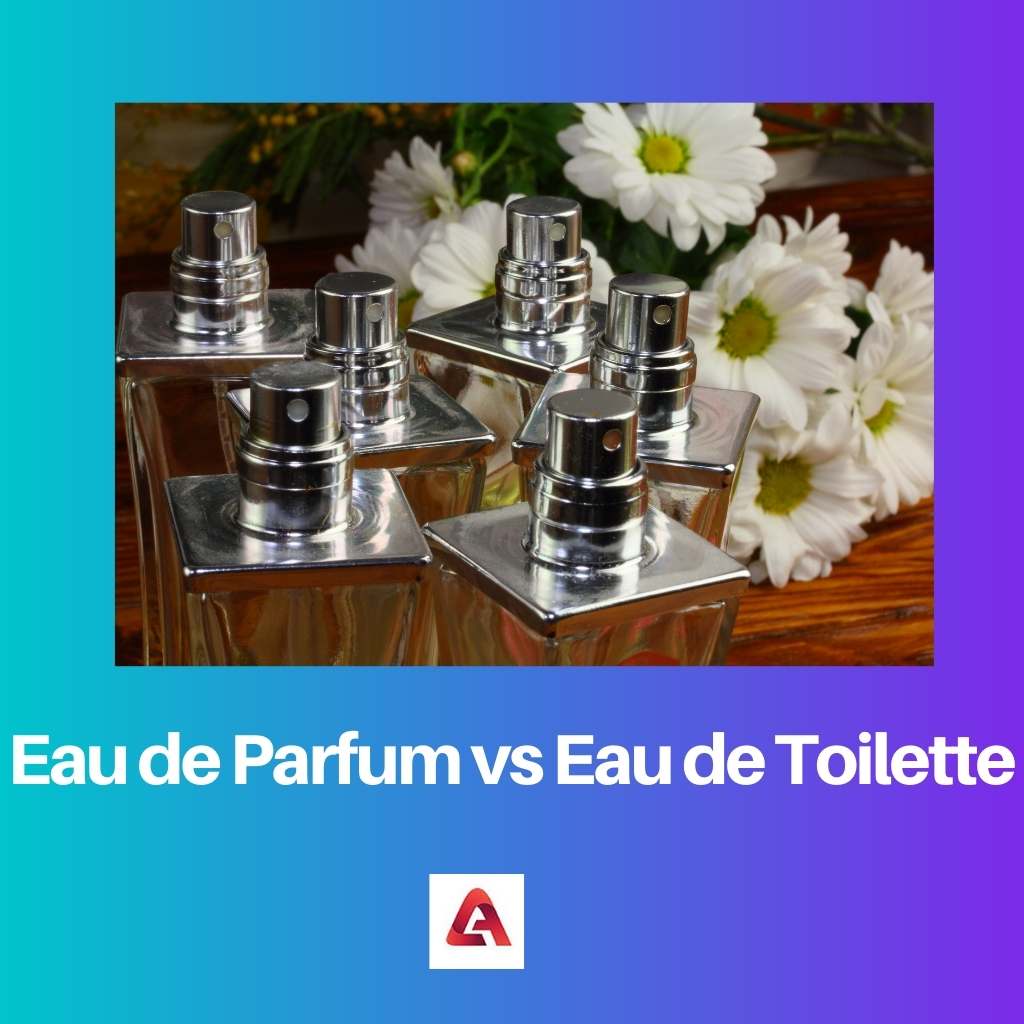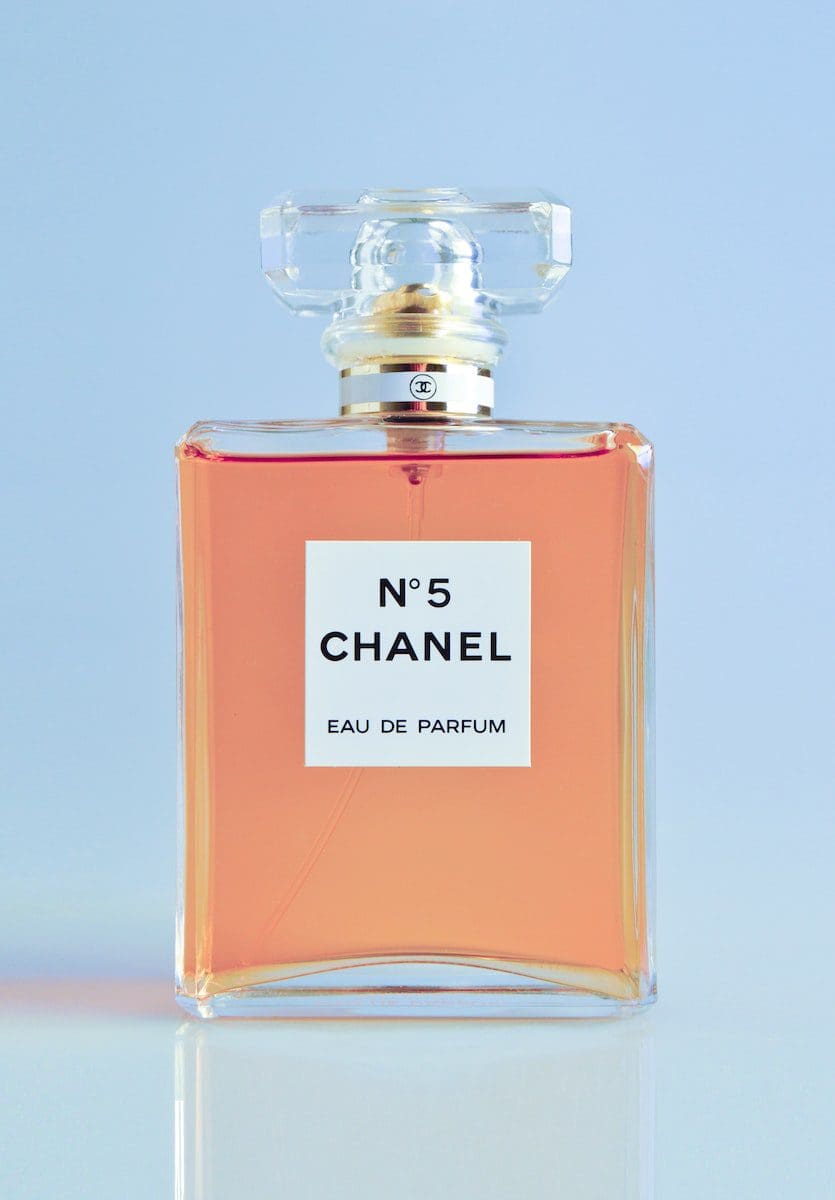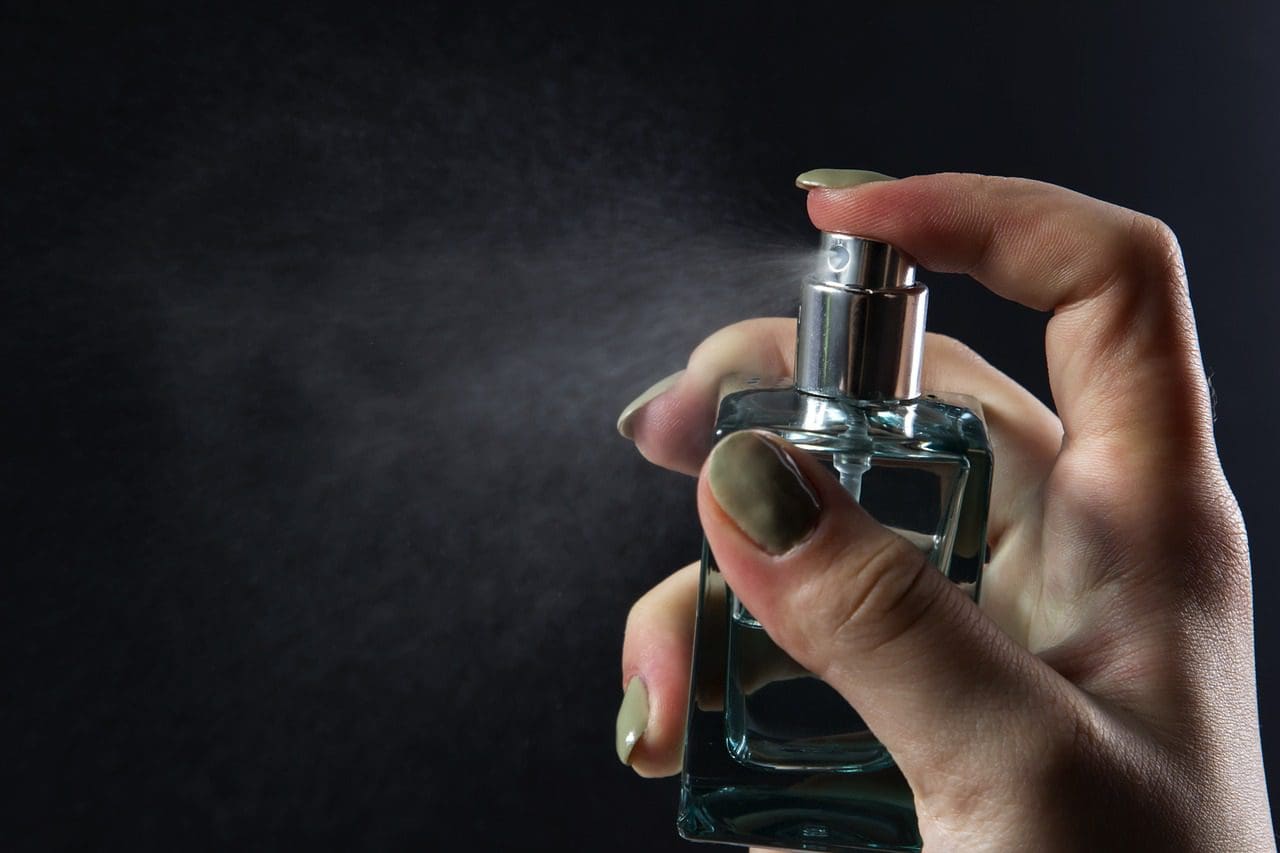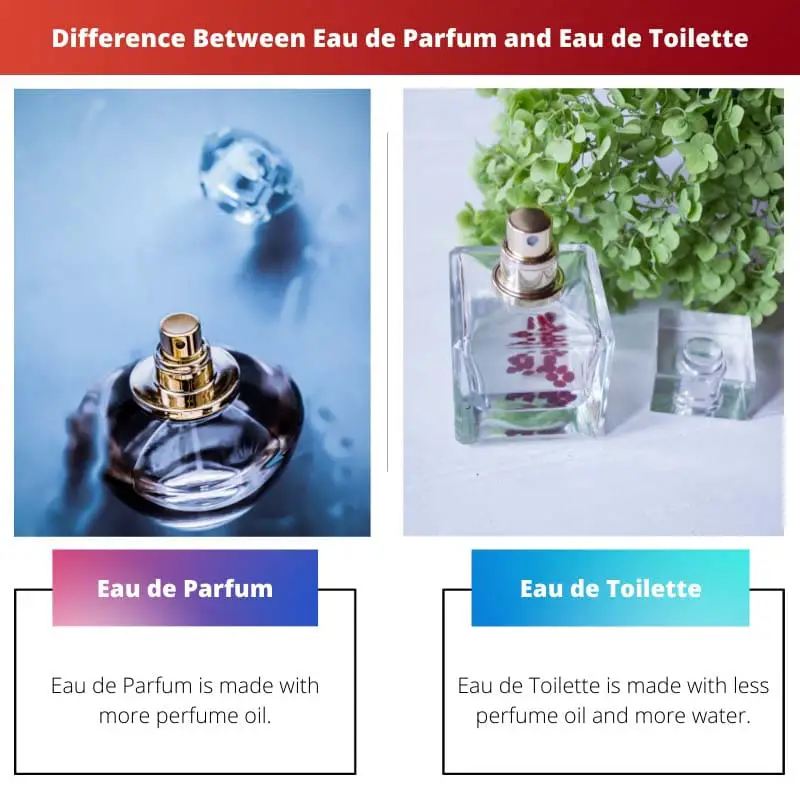Some of us get obsessed with attaining a distinctive fragrance by whose use we will be able to linger in other people’s memory. The fragrance has a very vivid yet mystical connection with the memory. While choosing the perfectly fitted fragrance, two types of perfume come to mind, Eau de Parfum and Eau de Toilette.
Key Takeaways
- Eau de Parfum has a higher concentration of fragrance oils (15-20%) than Eau de Toilette (5-15%), resulting in a longer-lasting scent.
- Eau de Parfum is more expensive than Eau de Toilette due to its higher concentration of aromatic compounds.
- Eau de Toilette is lighter and more suitable for daily wear, while Eau de Parfum offers a more intense and longer-lasting fragrance for special occasions or evening wear.
Eau de Parfum vs Eau de Toilette
The difference between Eau de Parfum and Eau de Toilette is that Eau de Parfum contains a generous amount of perfume oil, and thus it lasts for a stretched time of the day. Eau de Toilette, on the other hand, the amount of perfume oil is lesser. Eau de Parfum contains less amount of alcohol than Eau de Toilette.

Eau de Parfum is high in perfume oil and low in alcohol. It can last up to 8 hours. The intensity of the smell makes it linger with you for longer. It does not transfer while hugging or changing clothes. Due to its thick concentration, it costs more than Eau de Toilette.
Eau de Toilette contains more alcohol than perfume oils. Its low concentration makes it easy to fade away. It is not capable of lasting more than 3 hours. It is diluted in alcohol and water. And is cheaper than other available fragrances.
Comparison Table
| Parameters of Comparison | Eau de Parfum | Eau de Toilette |
|---|---|---|
| Content | Eau de Parfum is made with more perfume oil. | Eau de Toilette is made with less perfume oil and more water. |
| Intensity | Eau de Parfum is more intense. | Eau de Toilette is less intense. |
| Quantity of perfume oil | Eau de Parfum has 15% to 20% perfume oil in it. | Eau de Toilette needs 5% to 15% perfume oil to be made. |
| Persistent | Being more intense it lasts longer. | Comparatively, it lasts less. |
| Expiry | Its expiry date comes sooner. | The expiry date of Eau de Toilette is much more stretched. |
| Expense | It is costlier. | It is cheaper. |
What is Eau de Parfum?
In other terms of fragrance concentration, this is next to Perfumes with 15% to 20% perfume oil in them. The amount of alcohol is less in Eau de Parfum, so sensitive skin can handle this as well. Any type of skin is tolerant to it. It lasts for at least four to five hours. The formula is also designed in a way that does not give the user headaches.
The smell lingers on you from day tonight. The exquisite smell will stay with me even at night. It is not diluted in water and alcohol, so the pure essence does not fade away easily. Some fragrance transfers to others if you hug someone, but that is not true for Eau de Parfum. The expense of it is truly justified.

What is Eau de Toilette?
Eau de Toilette is a very popular type of scented product. Its fragrance concentration is 5% to 15%. As the amount of perfume oil is less in its making, the price of it is lower than the other. Generally, it lasts for around two to three hours. It is an alcohol-based fragrance. It is also known as “aromatic water” as the amount of water in it is more.
Due to the presence of alcohol, most people use it directly on the skin right after shaving to kill the germs. It can get used after bathing too. Initially, it was composed with the use of alcohol and different volatile oils for a predominant smell, fragrant water such as lavender water, lilac water, geranium water, and violet water.
Eau de toilette’s concentration is much weaker than perfume and even Eau de Parfum. Due to this fact, the lasting nature of this fragrance is less than others as well. Perfume oil gets diluted in alcohol and makes Eau de Toilette. Due to the max amount of alcohol, this might cause some skin irritation to some people.

Main Differences Between Eau de Parfum and Eau de Toilette
- Eau de Parfum has a more intense fragrance, whereas the fragrance of Eau de Toilette is less intense and luscious.
- The price of Eau de Parfum is more than Eau de Toilette. Having less amount of perfume oil, Eau de Toilette is cheaper by some bucks.
- Eau de Parfum contains perfume oil in abundance. But Eau de Toilette is made with less perfume oil and more water.
- The amount of perfume oil in Eau de Parfum is around 15% to 20%, and on the other hand, the amount of perfume oil in the making of Eau de Toilette is 10% to 15%.
- The expiry date of Eau de Parfum comes sooner, but the expiry date of Eau de Toilette is much more stretched as the amount of alcohol is more in it, which keeps it secure to serve for a long time.
- As Eau de Parfum has an intense fragrance, so it lasts for a long time after application. It can linger till evening if you apply it in the morning. On the other hand, Eau de Toilette does not last as long as Eau de Parfum after application.

- https://onlinelibrary.wiley.com/doi/abs/10.1111/j.0105-1873.2004.00379.x
- https://onlinelibrary.wiley.com/doi/abs/10.1111/j.1600-0536.2007.01067.x

The article effectively explains the finer points of Eau de Parfum and Eau de Toilette, offering a precise comparison of their distinct features.
The difference in perfume oil concentration and intensity between Eau de Parfum and Eau de Toilette is remarkable. Great article explaining the main differences.
The detailed comparison of Eau de Parfum and Eau de Toilette has been very useful in understanding how their differences affect fragrance intensity and lasting nature.
The details about Eau de Parfum and Eau de Toilette in this post are very informative.
The article provides a thorough comparison of Eau de Parfum and Eau de Toilette, highlighting their distinctions in fragrance intensity, oil concentration, and duration.
Eau de Parfum has a higher concentration of fragrance oils compared to Eau de Toilette. While it is more expensive, it provides a longer-lasting scent.
The comparison between Eau de Parfum and Eau de Toilette is comprehensive and helps to understand their unique characteristics.
The distinction in persistence and lasting nature between Eau de Parfum and Eau de Toilette is of great importance. Thank you for the detailed comparison.